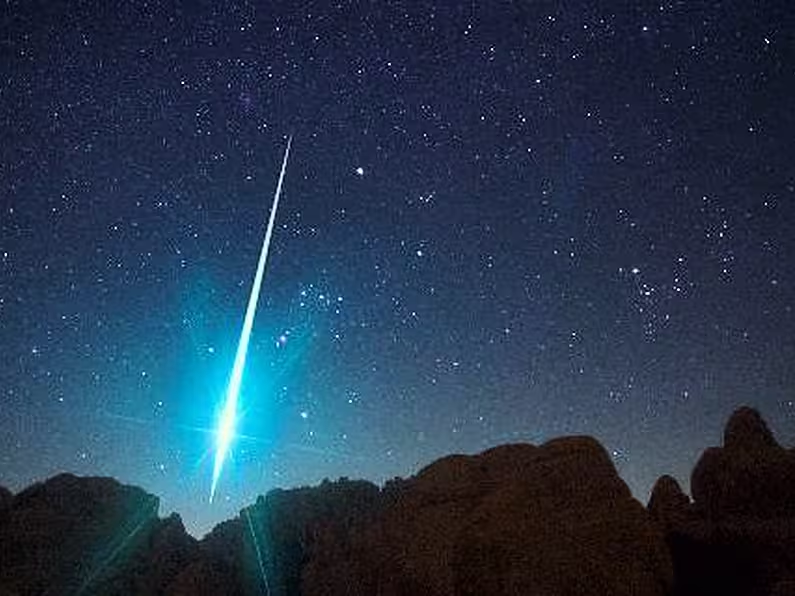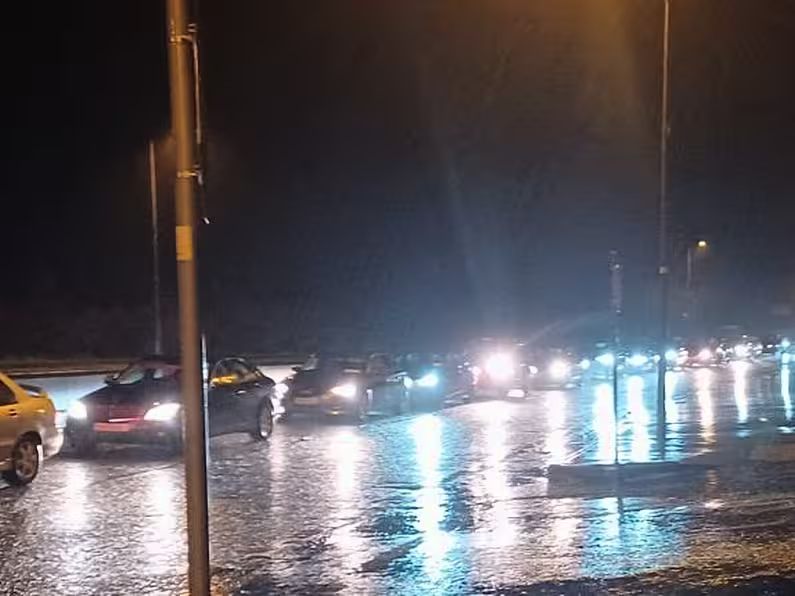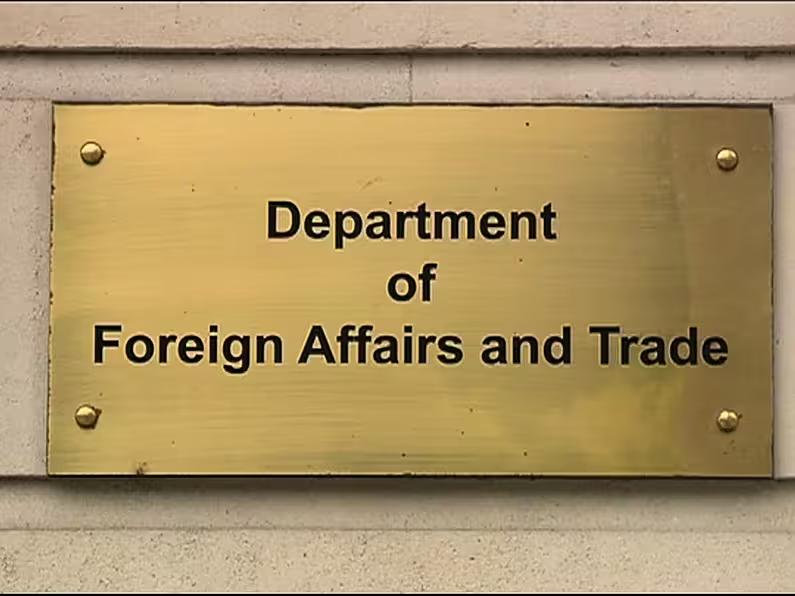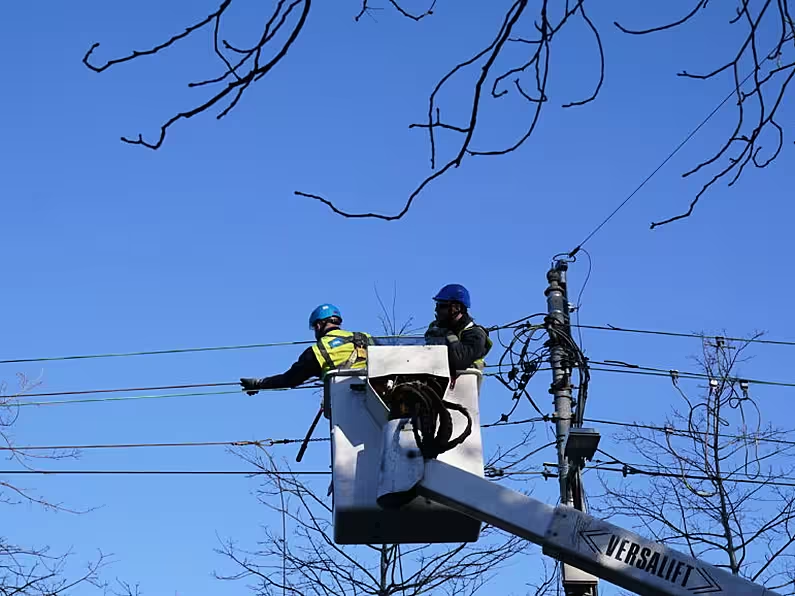Shooting stars will soar to their peak yearly activity over Ireland this weekend, according to Astronomy Ireland.
Up to 20 times more shooting stars will cross the sky than normal as the Geminid meteor shower reaches its peak.
The shower, spanning about two weeks between December 7th and 17th, will peak just after midnight on Sunday, with the number of visible shooting stars also higher when darkness falls in the surrounding days.
David Moore, founder of Astronomy Ireland, said the Geminid shower has been the one “reigning supreme” in recent years as the Perseid meteor shower in August has declined.
The Geminids begins as soon as it gets dark, around 5pm and runs until dawn
“This is also good news for the public because that August shower cannot be well seen until 11pm, but the Geminids begins as soon as it gets dark, around 5pm and runs until dawn,” Mr Moore said.
The shower is caused by tiny pieces of space debris or bits of dust that fell from an extinct asteroid named Phaethon that circles the sun every one and a half years, he added.
“It has probably been around the sun thousands of times and has spat out dust particles that have now spread all around its orbit.”
Viewing
The weekend’s free “celestial fireworks” will be viewable across the island as the Geminid shower is known for producing “bright fireballs,” Mr Moore said.
Those in rural areas with very dark skies will be offered the best view, though city dwellers will see “plenty”.
Geminid meteors can appear anywhere in the sky, with their paths pointing back to their namesake, the constellation Geminid.
Stargazers are advised to wrap up well in layers, get outdoors and fill their field of vision with the sky, with a deck chair or sun lounger offering a good vantage point.
Astronomy Ireland is asking members of the public to count how many shooting stars they see in 15-minute intervals and to send in their reports to its website for publication in the Astronomy Ireland magazine.
Astronomy Ireland is a non-profit group for members of the public interested in space and is the world's most popular astronomy society.














